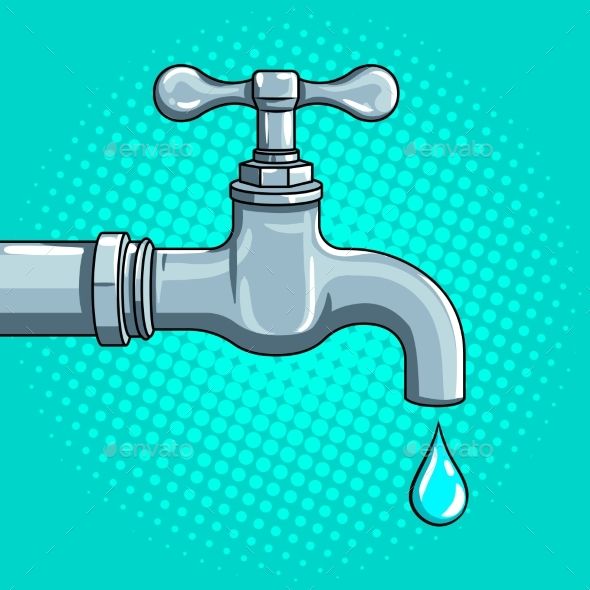
Each year, World Water Day focuses on a specific theme related to water. The themes are chosen to reflect current and emerging water issues and to inspire action to address them. For example, recent themes have included “Water and Climate Change,” “Leaving No One Behind,” and “Nature for Water. “The observance of World Water Day includes a wide range of activities and events organized by governments, NGOs, and other organizations around the world. These may include educational programs, workshops, seminars, and community events aimed at raising awareness about water issues and promoting sustainable water use practices.

Overall, World Water Day serves as an important reminder of the crucial role that water plays in our lives and the need to protect this precious resource for future generations. Regenerate response water is a fundamental and essential substance for life on Earth. It is necessary for the survival of all living organisms and is involved in countless biological processes. Water also has cultural, spiritual, and symbolic meanings in many societies and religions. For example, it can represent purity, cleansing, renewal, and rebirth. Additionally, water plays a crucial role in many human activities such as agriculture, industry, transportation, and recreation. Overall, water is a vital resource that impacts nearly every aspect of human life and the environment.
Water is an essential resource for human survival and the survival of all living organisms on Earth. Without water, our bodies would quickly become dehydrated and we would be unable to carry out basic physiological functions. In fact, it is estimated that a human can only survive for three to five days without water. If we didn’t have access to water, many aspects of human life would be severely impacted. For example, agriculture, which relies heavily on water for irrigation, would be significantly impacted, leading to food shortages and higher food prices. Water is also crucial for industrial processes, and the lack of water would lead to significant disruptions in manufacturing and other economic activities.

Lack of water would also impact the environment, leading to the degradation of ecosystems and loss of biodiversity. Water is essential for the growth of plants and the survival of many animal species, and without it, entire ecosystems could collapse. Overall, the lack of access to water would have catastrophic consequences for human health, the environment, and the global economy. It is therefore important that we take steps to conserve and protect this precious resource for future generations.
Water is important for a variety of reasons, including:

For us its just a tap away but for millions in developing countries its’s just not that easy. All over the world women and girls set out each morning to fetch water, some walk miles each day often, their water source is contaminated by human or animal waste. Typhoid , diarrhea, cholera, and countless parasites cause illness and even DEATH. Water related diseases cause one of every four child Death’s in the world. In fact every 20 seconds, A child dies from lack of clean water , that’s 4000 a day and 1.5 million a year, can we turn around ?
Water is a finite resource, which means that there is only a limited amount of fresh water available on Earth. Although water covers about 70% of the planet’s surface, only a small percentage of it is fresh and suitable for human use. The majority of freshwater is found in the form of ice, making it inaccessible for most uses.
Conserving water is important for several reasons:
In summary, conserving water is important for environmental sustainability, public health, economic benefits, and addressing the impacts of climate change.
© 2023 DWA HERBALS. All Rights Reserved. Designed by NXlogy